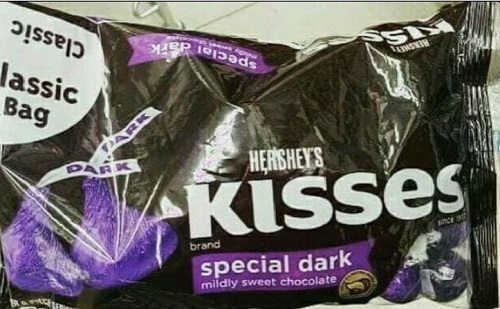FWP:
SETS == EXCLAMATION
The nature of this verse as the second in a kind of four-verse verse-set is discussed in {234,8}. The kind of more or less 'contrived rhyme' that it uses is discussed in {234,7}.
Here's another verse that excellently supports the argument
I make in {234,8}. Bekhud Mohani calls it 'lovable';
I'd call it coy and cutesy. If the 'natural poetry' supporters want to claim
it, I'll gladly hand it over.

Nazm:
Here the interrogative is only for an expression of joy; it's not truly intended as a question. (266)
== Nazm page 266